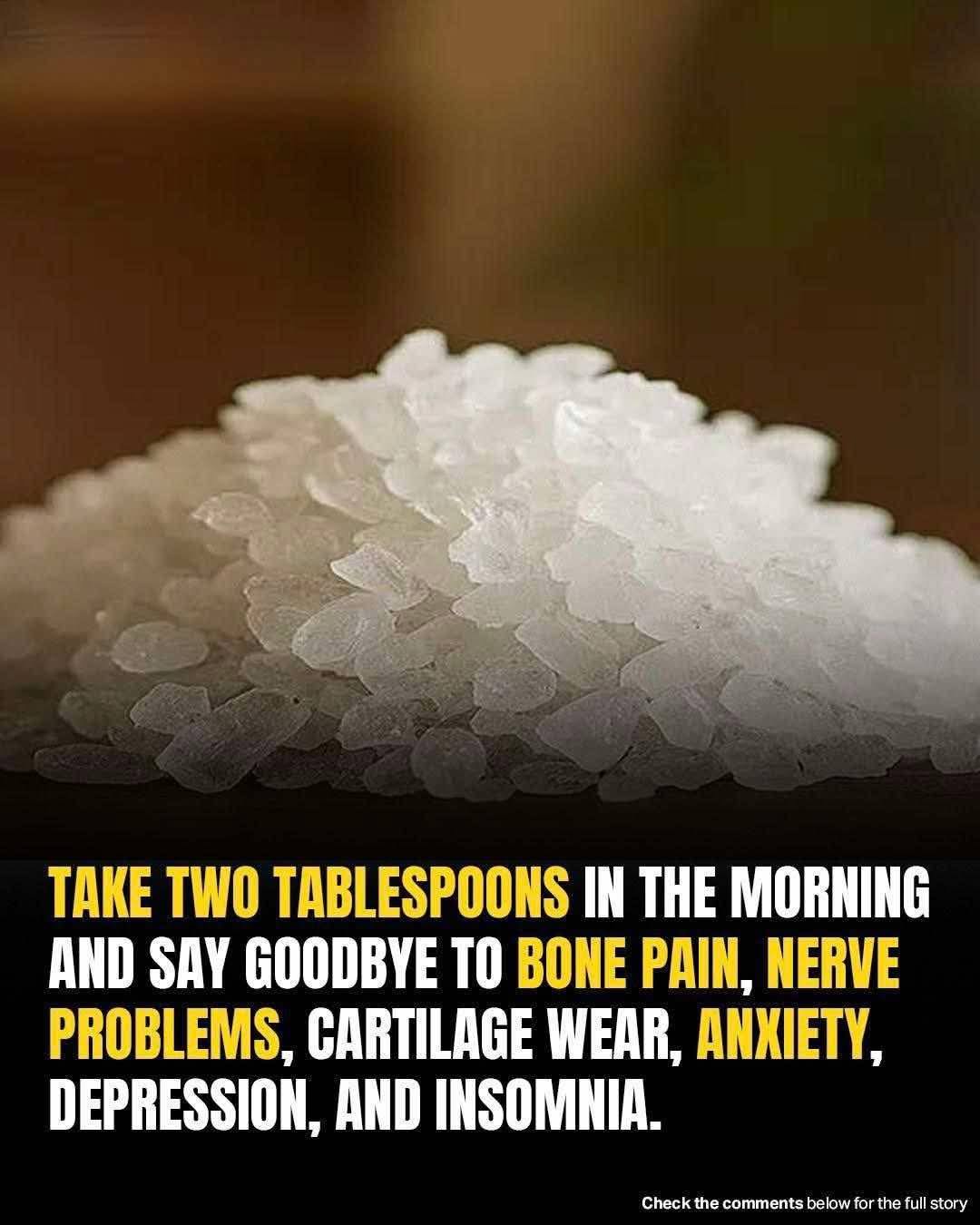
A Mighty Superfood: How Magnesium Can Help Fight Serious Health Challenges
Hailed as the “mineral of the moment,” magnesium offers powerful health benefits that many people underestimate.
Magnesium plays a vital role in maintaining strong bones and supporting countless bodily functions. Although most of us get some magnesium from our diet, it’s crucial to ensure we’re getting enough—especially since it’s tied closely to foods high in fiber.
As WebMD notes:
“Magnesium is found in legumes, whole grains, vegetables like broccoli, squash, and leafy greens, as well as seeds, nuts (especially almonds), dairy, meats, chocolate, and coffee.”
This essential mineral is involved in over 300 enzyme reactions in the body, helping to keep the immune system, muscles, and nerves functioning smoothly. Here’s how magnesium may help manage several significant health issues:
1. Osteoporosis and Bone Pain
Magnesium regulates calcium levels and is crucial for bone health. A deficiency can reduce bone density and increase fracture risk.
How to support bone health with magnesium:
Choose magnesium glycinate or citrate for better absorption.
Adults typically need 300–400 mg daily, paired with vitamin D and calcium.
Eat magnesium-rich foods like sunflower or pumpkin seeds, almonds, cashews, and leafy greens such as spinach and Swiss chard.
2. Type 2 Diabetes
Research links low magnesium levels to a higher risk of developing type 2 diabetes. Magnesium supports insulin function and helps manage blood sugar levels.
How to use magnesium for diabetes support:
Opt for magnesium taurate or chloride, as taurine also aids insulin regulation.
A recommended daily dose is 250–350 mg, best taken after meals to help steady blood sugar levels.
Incorporate foods like dark chocolate, black beans, lentils, quinoa, and brown rice into your diet.
3. Depression and Anxiety
3. Depression and Anxiety
Magnesium plays a significant role in mental health by regulating neurotransmitters like serotonin and GABA, which influence mood and stress levels. Low magnesium has been associated with increased stress and symptoms of depression in some studies.
Magnesium tips for mental well-being:
Consider magnesium threonate, which may more easily cross the blood-brain barrier.
A daily dose of 200–400 mg may help alleviate symptoms of anxiety and depression.
4. Digestive Issues and Constipation
Magnesium helps draw water into the intestines, softening stool and easing bowel movements. It also relaxes digestive muscles for smoother digestion.
How to use magnesium for digestion:
Magnesium citrate or oxide are popular choices for constipation relief.
Take 400–500 mg at night.
Avoid prolonged use of magnesium-based laxatives without medical advice.
Stay well-hydrated to support digestive health.
Signs of Magnesium Deficiency
If your magnesium levels are low, you might notice:
Loss of appetite
Nausea or vomiting
Fatigue or weakness
Muscle cramps or spasms
Numbness or tingling
Seizures
Irregular heartbeat
Important: People with kidney problems should avoid taking magnesium supplements without medical supervision.
Disclaimer: This article is for informational purposes only and should not replace professional medical advice, diagnosis, or treatment. Always consult your doctor or healthcare provider regarding any health concerns or medications. Never ignore medical advice because of something you’ve read here.